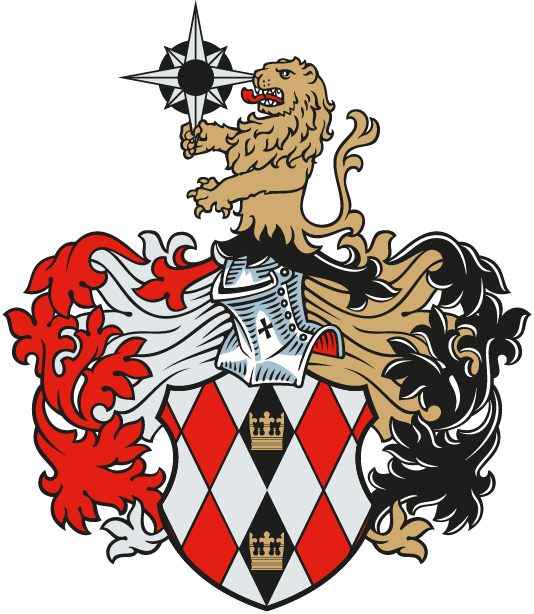

In a bold move to streamline its labor market and attract global talent, the UAE has launched a fully digital work permit system. The innovation promises faster processing, enhanced transparency, and easier access for overseas workers and employers alike. Aligned with the UAE’s long-term vision for a knowledge-based economy, the platform could redefine how international professionals integrate into the Emirati workforce—and how quickly. This digital leap forward also hints at wider transformations, including profound implications for real estate and investment landscapes.
The sun had barely risen over Dubai’s skyline, casting golden hues across the shimmering Burj Khalifa, when the announcement broke: the UAE was going fully digital with its work permit system. In coffee shops from Deira to Downtown, recruiters refreshed government portals, and HR managers exchanged quick glances. 'No more paper trails,' one murmured, eyes wide. 'It’s all online now.'
For decades, hiring overseas talent in the UAE meant navigating a dense jungle of paperwork, embassy visits, and lengthy waiting periods. But with a single click, the Ministry of Human Resources and Emiratisation (MoHRE) has changed the game. The new digital platform merges work permits and employment contracts into one seamless system, drastically reducing processing times and eliminating redundant steps.
'We’re talking about approvals in minutes, not weeks,' says Laila Mansoor, an HR consultant in Abu Dhabi. 'That’s revolutionary, especially when you're racing to onboard top talent from abroad.'
Here’s how it works: employers can now digitally submit work permit applications, sign employment contracts, and complete all related formalities through the MoHRE’s smart services portal. Overseas workers no longer need to wait for printed contracts or in-person verifications. The platform offers real-time updates, transparency, and multilingual support.
The timing is no accident. The UAE is doubling down on its efforts to attract skilled professionals across sectors—tech, healthcare, finance, and more. With Expo 2020’s legacy still rippling through the economy and visionary goals like the UAE Centennial 2071, the country is positioning itself as a global hub for talent and innovation.
Digitization is the natural next step. It not only reflects the UAE’s tech-forward agenda but also addresses the rising global demand for flexible, borderless employment. For employers, it means faster recruitment. For workers, it means smoother transitions and fewer bureaucratic headaches.
'I uploaded the offer letter yesterday, and today it’s approved,' says Rajiv Kumar, a recruiter for a Dubai-based fintech firm. 'The candidate in Mumbai was stunned.'
The digital system isn’t just faster—it’s smarter. Contracts are now linked directly to residency applications, reducing miscommunication and fraud. Workers can review and sign their contracts before even boarding a flight. Moreover, the portal ensures that workers understand their rights, obligations, and compensation terms in their native language.
The initiative also aligns with broader reforms aimed at improving labor mobility and worker welfare. Flexible work permits, part-time contracts, and freelance options are now more accessible than ever.
For businesses, the advantages are clear. Reduced administrative overhead, quicker onboarding, and better compliance with labor laws. Startups, in particular, stand to gain, as they often compete fiercely for international talent and can’t afford delays.
'This levels the playing field,' says startup founder Fatima Al Dhaheri. 'Now, a team in Dubai can build a product with a developer in Cairo, onboarded in 24 hours.'
The ripple effects of the UAE’s digital work permit system extend far beyond HR departments—they're set to influence real estate markets across the Emirates. As the hiring of skilled foreign workers becomes faster and more efficient, a surge in international relocations is expected. This influx of professionals, particularly in high-demand sectors like tech and finance, will drive demand for both rental and owned properties in urban centers like Dubai, Abu Dhabi, and Sharjah.
Residential developers and landlords should prepare for an uptick in inquiries from expatriates seeking mid- to long-term housing. Areas near business hubs—such as Dubai Internet City, Al Maryah Island, and Downtown Dubai—could witness higher occupancy rates and potentially rising rental yields.
Moreover, the streamlined employment process lowers entry barriers for international investors and entrepreneurs, many of whom may seek dual-use properties—homes that double as remote workspaces. This could trigger increased interest in mixed-use developments, co-living spaces, and smart, tech-enabled residences.
From a macro perspective, the UAE's commitment to digital transformation signals long-term economic stability and growth—key indicators for real estate investors. The labor market reforms suggest a more dynamic, globally integrated workforce, which in turn supports robust housing demand and investment potential.
For real estate stakeholders, the message is clear: the future of employment is digital, and the future of housing is adaptive. Aligning property offerings with the evolving needs of a mobile, tech-savvy workforce could unlock exceptional opportunities in the UAE’s property sector.
